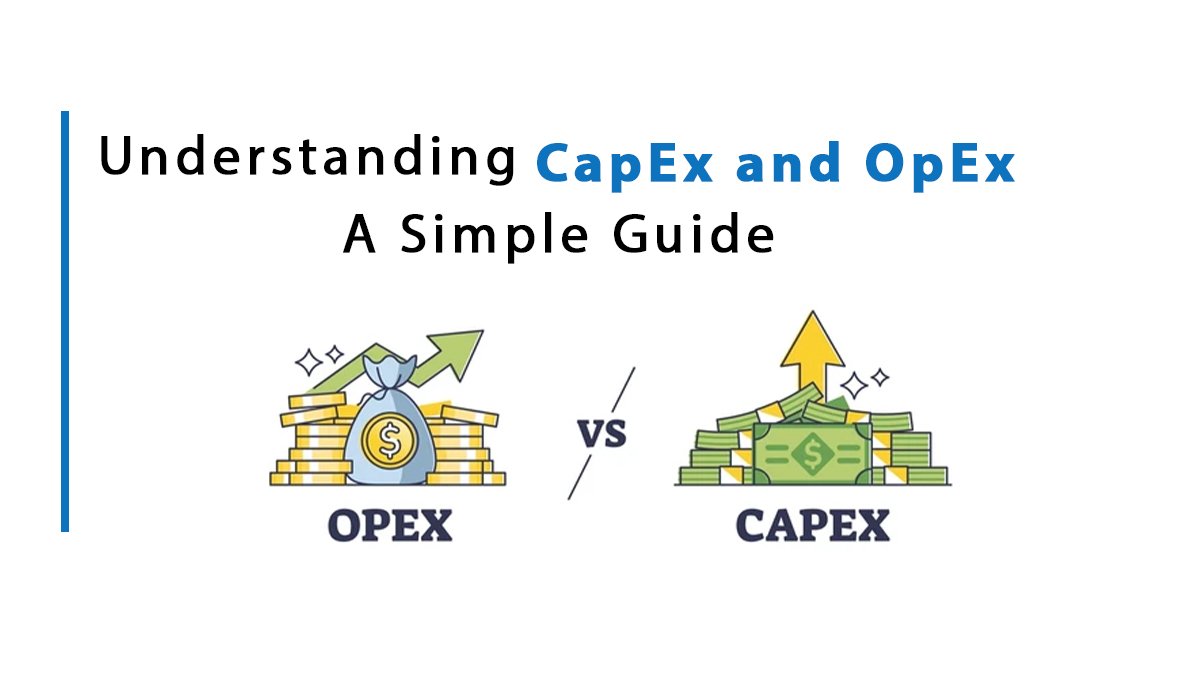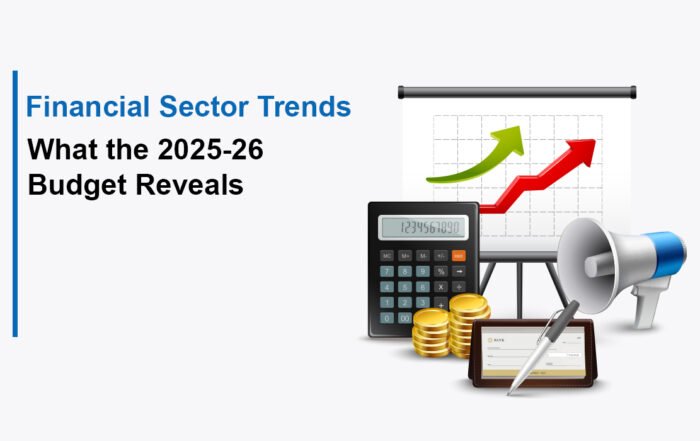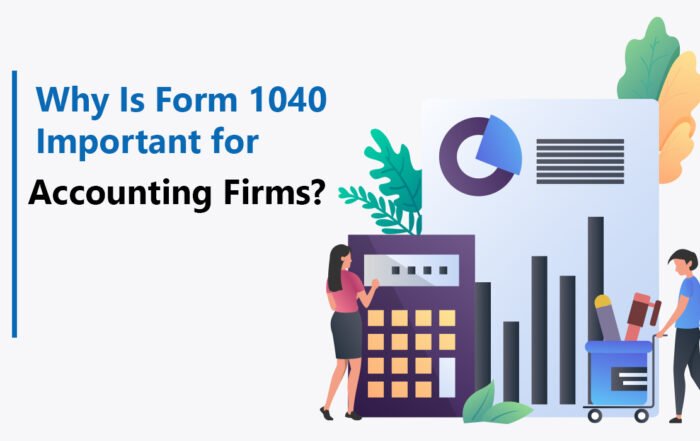In the field of business finance, there are two keywords: capital expenditure (CapEx) and operating expenditure (OpEx). It is not just financial slang but it is playing directly within financing, cost control, budgeting, and fund planning. Let’s simplify them and discuss the relationship of the following, noting their distinctions, advantages, and applications.
What is Capital Expenditure (CapEx)?
CapEx is the amount of money spent on obtaining or refurbishing fixed assets whose benefit is long-lasting for the company. Such investments generally have a life span longer than a financial year.
Examples of CapEx:
- Purchasing buildings, vehicles, or machinery.
- Installing IT infrastructure such as servers and computers.
- Acquiring patents or trademarks.
- Expanding facilities or improving real estate.
Characteristics of CapEx:
1. Long-Term Value: CapEx assets are typically used for multiple years.
2. Depreciation: The cost of CapEx is gradually expensed over the asset’s useful life.
3. Higher Initial Cost: These purchases usually require significant upfront investment.
CapEx Budget:
A capital expenditure (capex) budget is essential for budgeting big buyouts. It guarantees that funds are spent in a responsible and smart manner, thus mitigating the financial risks of budget overruns or mishandling.
What is Operating Expenditure (OpEx)?
OpEx is synonymous with the constant expenses required to keep the business functions operating. In contrast to CapEx, these costs are short-term and generally spent in the same fiscal year.
Examples of OpEx:
- Utility bills like electricity and water.
- Salaries for employees.
- Maintenance costs.
- Subscription-based software.
Characteristics of OpEx:
1. Recurring Nature: Payments are made periodically, often monthly or annually.
2. Immediate Deduction: OpEx is fully expensed in the year it is incurred.
3. Flexibility: Easier to adapt or turn off if business demands fluctuate.
Operating Expenditure Budget:
An operating expenditure budget correlates to these repetitive expenses, enabling enterprises to rest assured of not overpaying in the day-to-day running of their business without any disruptive interruption.
The decision between CapEx and OpEx is typically a matter of a company’s financial policy and business model. For example, a resource-constrained startup might favor OpEx in an attempt to avoid substantial upfront capital outlay, whereas a mature company might favor CapEx to gain long-term savings.
Benefits of Understanding and Balancing CapEx and OpEx
Properly managing Capital expenditure vs operating expenditure can offer numerous benefits:
1. Improved Financial Planning: Knowing the distinction aids in creating accurate budgets and forecasts.
2. Enhanced ROI Tracking: Large purchases and operational costs are more likely to be checked and invested in as opposed to having been borrowed.
3. Strategic Flexibility: Companies can adjust their spending patterns based on their growth stage and financial health.
For companies that seek to reduce such costs, engaging an experienced Accounting and financial service provider such as Lints Advisors can have a critical impact. Lints Advisors specializes in helping organizations balance their CapEx and OpEx, ensuring sustainable growth and effective resource allocation.
Key Formulas and Metrics
Operating Expenditure Formula:
Operating Expense Ratio = (Operating Expenses / Revenue) × 100
This helps measure operational efficiency and cost control.
CapEx Calculation:
CapEx = Fixed Assets (Current Year) – Fixed Assets (Previous Year) + Depreciation
This tracks investments in long-term assets.
Challenges in Managing Capital expenditure vs operating expenditure
1. Budget Constraints: Allocating resources effectively between Capital expenditure vs operating expenditure presents a challenge to companies.
2. Forecasting Errors: Inaccurate predictions can lead to over- or under-spending.
3. Regulatory Compliance: Certain industries require stringent adherence to accounting standards for CapEx and OpEx.
Partnering with senior figures such as Lints Advisors helps to prevent and resolve such issues. His customizable solutions are available to businesses of all scales so that they become better equipped to make smarter decisions and control their spend intelligently.
When to Prioritize CapEx Over OpEx (and Vice Versa)?
Opt for CapEx When:
You can get assets that produce value over many years.
- The investment aligns with long-term growth strategies.
Choose OpEx When:
- Budget constraints prevent large upfront costs.
- Operational flexibility and scalability are priorities.
To illustrate, buying machine power might be an equipment capital expense (CapEx) decision, while leasing the same equipment may be an equipment operating expense (OpEx) decision.
Final Thoughts
Getting an accurate grasp of the flavor/subtleties of both Capital Expenditure (CapEx) and Operating Expenditure (OpEx) are key requirement for sound financial management. However, they perform different functions in a corporation’s operation and development. Just by finding the sweet spot companies are able to guarantee stability today and invest in a bright future.
If you’re looking for guidance on managing your capital expenditure budget or optimizing your operating expenditure formula, consult Lints Advisors. As an established and trusted accountancy and financial advisory service, Lints Advisors equips companies with the knowledge to make sound decisions, generate maximum ROI, and ultimately deliver long-term results.
Let Lints Advisors be your guide through the maze of CapEx and OpEx!
Financial Sector Trends: What the 2025-26 Budget Reveals
The Union Budget 2025-26, unveiled by Finance Minister Nirmala Sitharaman, has set the stage for transformative changes in India's financial sector. The upcoming budget concentrates on developing economic expansion while making credit options more accessible [...]
Empowering Women: Financial Planning for 2025
In today's dynamic financial world, empowering women through tailored financial planning is more crucial than ever. Women often face unique financial challenges, including longer life expectancies, career breaks for caregiving, and persistent wage gaps. Addressing [...]
Why Is Form 1040 Important for Accounting Firms?
When it comes to the world of taxes, Form 1040 holds a central position. It is often referred to as the "U.S. Individual Income Tax Return" and serves as the primary document taxpayers use to [...]





